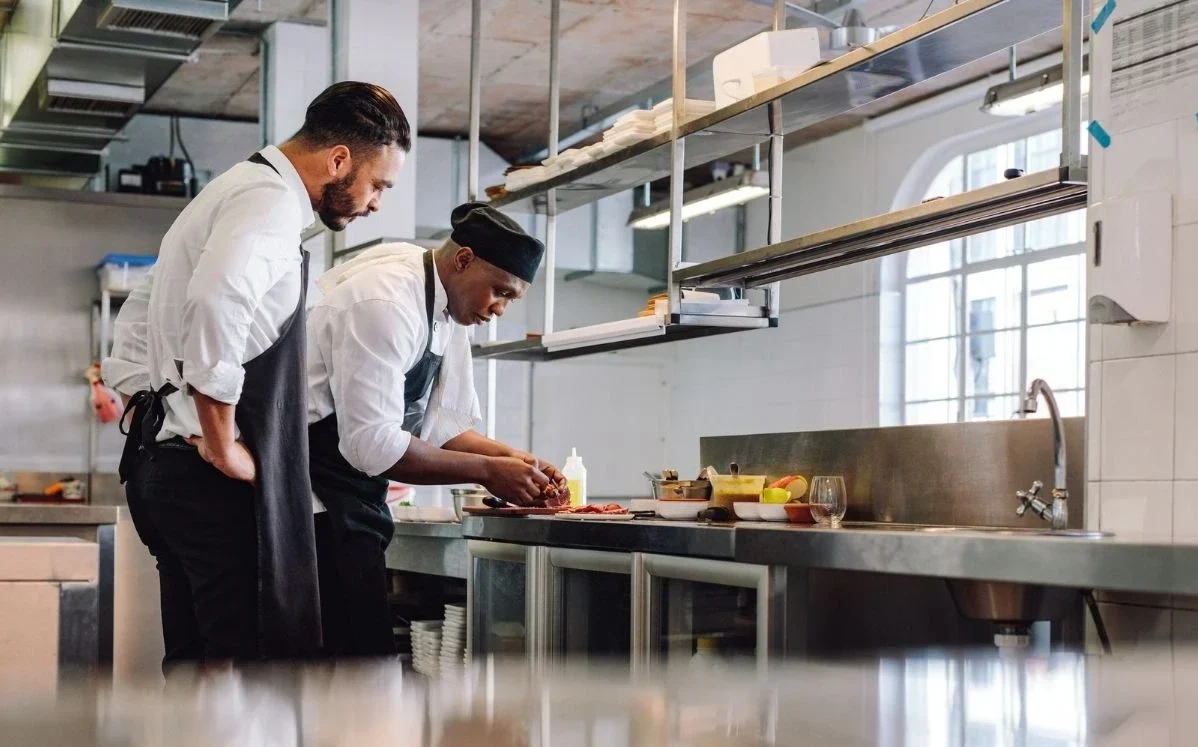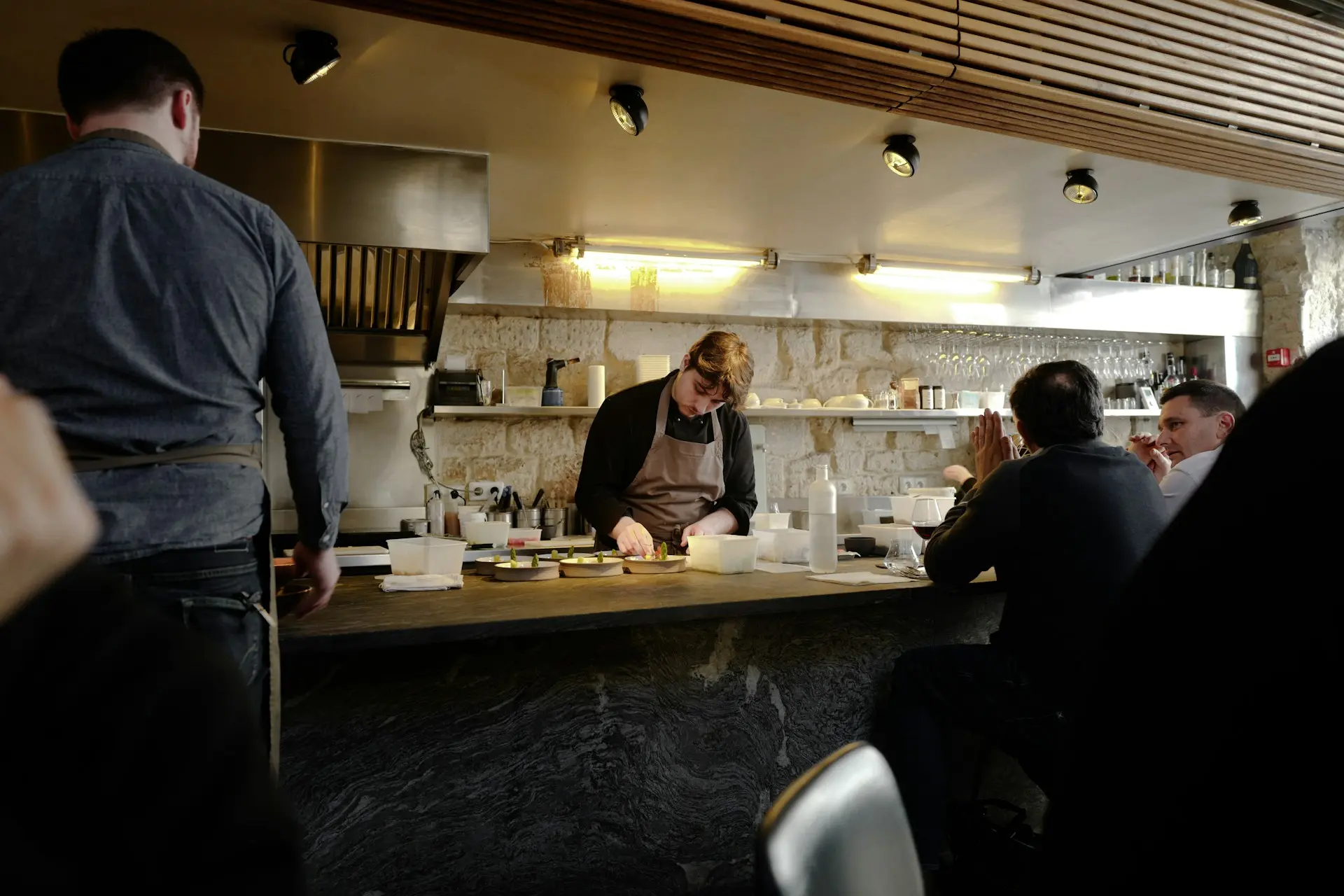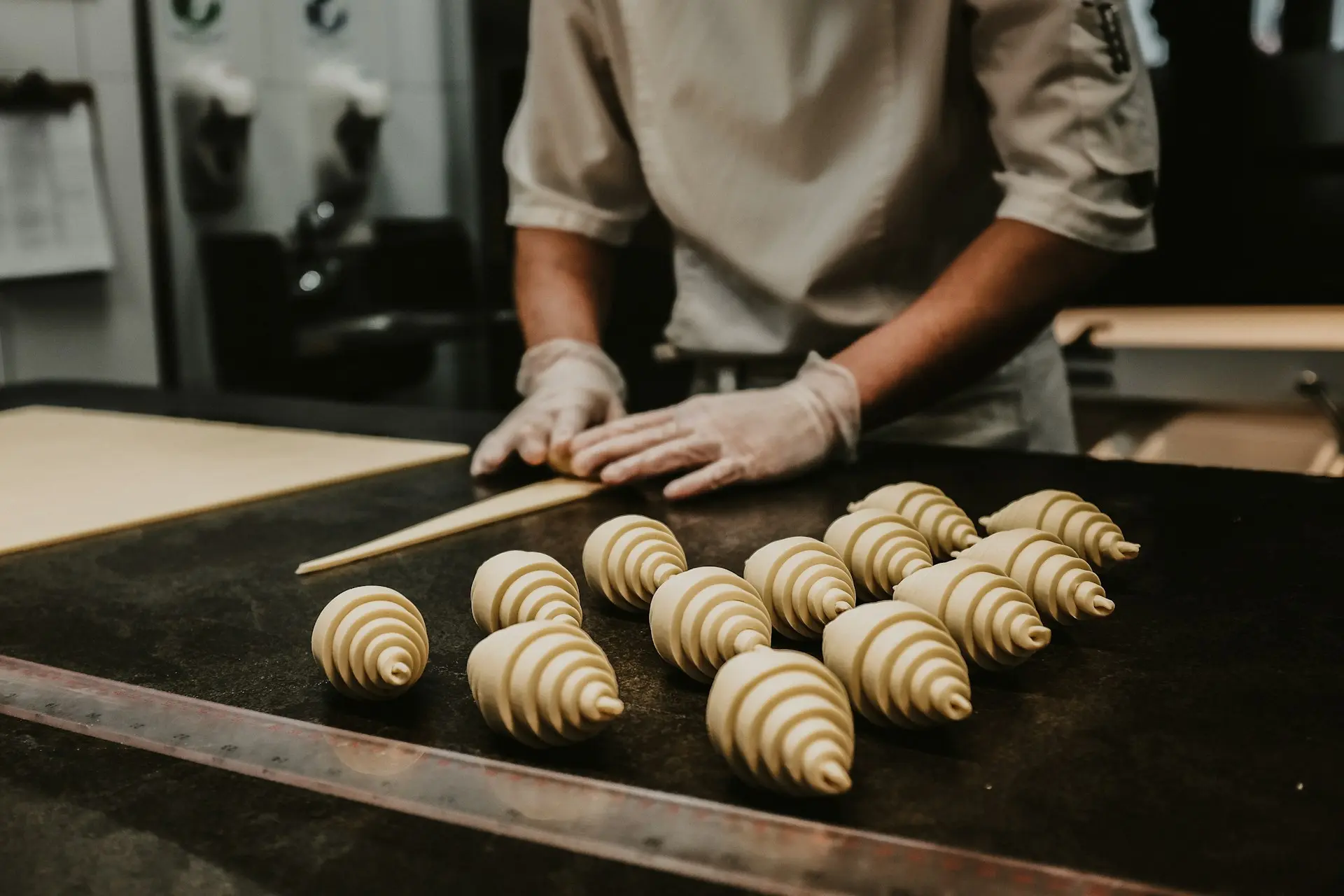

Becoming a personal chef or private cook is a fast-growing career opportunity. More and more people want exclusive dining experiences at home—whether for family dinners, private events, or special celebrations. This role combines a passion for cooking with the chance to work independently, delivering a personalized service tailored to each client’s needs.
A private chef prepares bespoke menus for clients in their homes or in venues hired for events. Beyond cooking, they handle grocery shopping, menu planning, and professional plating/presentation.
While both offer a customized service, an in-home chef typically handles one-off events or specific meals, whereas a private cook may work regularly for a family or client, taking care of their daily or weekly meals.
Talent alone isn’t enough; you must also meet certain professional and legal requirements.
Although not mandatory, studies in hospitality, professional cookery, or even a culinary master’s add credibility and trust for clients. Experience in restaurants or catering is also highly valued.
In many cases you’ll need to meet health and safety requirements and be registered as a freelance chef to ensure the service complies with food safety regulations.
One of the most important steps is registering as self-employed, which allows you to invoice legally and access insurance and social protections—key for working with private clients and companies.
Working as a personal chef offers several benefits that make it attractive for culinary entrepreneurs.
Unlike a restaurant job, a private chef has greater control over their schedule and can choose the clients and projects that best fit their lifestyle.
Being a private chef gives access to a premium market—clients seeking exclusive service for dinners, celebrations, or luxury experiences—opening the door to higher profitability and long-term professional relationships.
Rates vary based on experience, menu complexity, and number of guests. Generally, a private chef might charge from €100 for a basic service to €500+ for exclusive events with multiple courses and pairings. The key is to set clear pricing that reflects prep time and ingredient quality.
To launch your career as a personal chef, combine culinary passion with a solid business strategy.
Start by offering your services to friends and acquaintances, creating small dining experiences to collect references and reviews. Social media and professional platforms are also excellent ways to get noticed.
To stand out, build your personal brand as a private chef. Create a portfolio with photos of your dishes and client testimonials, and maintain an active digital presence. You can also offer tasting menus or introductory promotions to attract your first clients.
Demand for private chef services continues to grow as more people seek personalized experiences without leaving home. Being a personal chef is not only a viable career path—it also offers freedom, flexibility, and strong income potential.



Formaciones TOP
Categorías
Artículos más leídos
